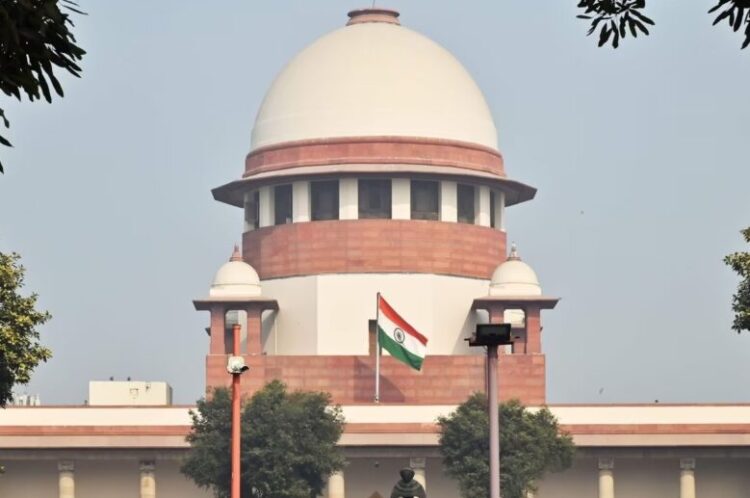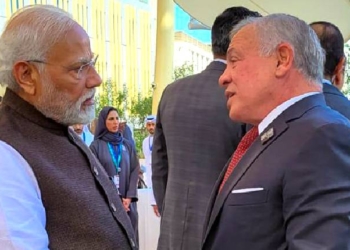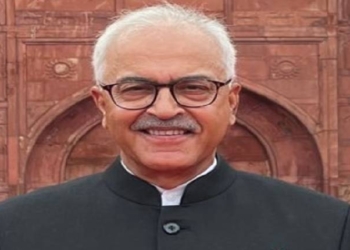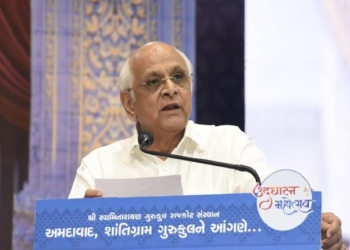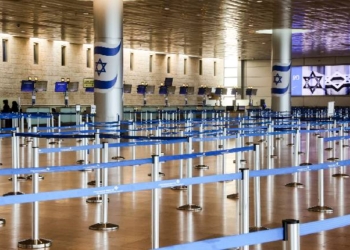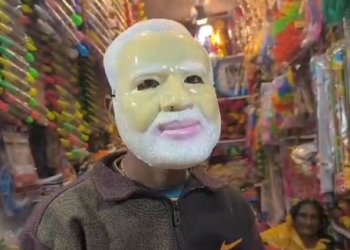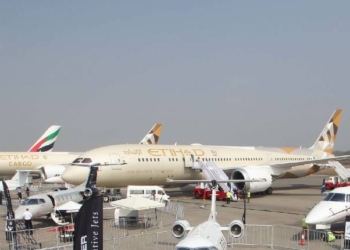New Delhi: The Supreme Court on Wednesday asked the Union government to provide a clear roadmap by January 17 next year on the question whether Light Motor Vehicle (LMV) licence holders require a separate endorsement to drive a transport vehicle of LMV class.
A Constitution Bench headed by Chief Justice of India (CJI) D.Y. Chandrachud and comprising Justices Hrishikesh Roy, P.S. Narasimha, Pankaj Mithal, and Manoj Misra, said that it would not adjourn the proceedings sine die (indefinitely) as the issue needs to be resolved at some point of time.
“This court is seized of the reference where the correctness of decision of a 3-judge bench in Mukund Dewangan judgment has been doubted. An element of certainty must be brought on the aspects which are contained in the reference,” noted the five-judge bench as it asked the Centre to review its policy with “utmost expedition”.
In a brief hearing, Attorney General (AG) R. Venkataramani, appearing for the Centre, said that many provisions of the Motor Vehicles Act, 1988 require a relook and the Union government is undertaking a wider consultation with all state governments on amending law in question.
“In fact, I have impressed upon the (Union Road Transport and Highways) Ministry to conclude this before the next budget session of Parliament in February,” AG Venkataramani said.
At this, Justice Hrishikesh Roy said: “If the Union government pushes, I am sure responses (by state governments) will come quicker and if the governments are conscious of the fact that the matter is going to come in a little while, then perhaps it may move a little quicker.”
In its order, the Constitution Bench directed that during the consultative process, all state governments should adhere with the timelines envisaged by the Union government.
It clarified that during the pendency of proceedings before the five-judge bench, cases pending before different tribunals and courts across the country will be determined in accordance with the 2017 Mukund Dewangan judgment.
The matter is likely to be taken up for hearing on January 17, 2024.
The 2017 Mukund Dewangan judgment had held that the need of transport licence would arise in case of medium/heavy goods and passenger vehicles only, adding that no other vehicle will require any separate endorsement, even if they are used for commercial purposes.
In other words, a holder of an LMV license would not require any separate endorsement for commercial usage of light motor vehicles (LMV) like e-rickshaws, cars, vans, etc.
The Centre issued notifications and brought amendments in the Motor Vehicles Rules to bring them in conformity with the above judgment of the Supreme Court.
The 2017 judgment gave rise to various disputes over payment of claims by insurance companies in accident cases involving transport vehicles being driven by those having licences to drive LMVs and the matter was re-agitated at the instance of insurance companies.
In March last year, a bench headed by Justice U.U. Lalit (now retired) in March 2022 held that certain provisions of Motor Vehicles Act were not noticed by the top court in its 2017 Mukund Dewangan’s decision and the issue needs to be re-visited by a five-judge Constitution Bench.
In an earlier hearing, CJI Chandrachud had remarked that the issue in question is not plainly “about interpreting law” but involves “social impact of law” as well.
The Constitution Bench had asked the Union government to consider the impact on lakhs of people across the country who are engaged in driving commercial vehicles on the basis of the judgement in Dewangan case as they will be “completely put out of their livelihood”.
The Supreme Court had made repeated emphasis that the Union government should review the entirety of the position and then take an appropriate call.
It gave Centre a period of two months to assess the position of law where a person holding a LMV driving license is legally entitled to drive a transport vehicle of light motor vehicle class having unladen weight not exceeding 7,500 kg.
(IANS)




